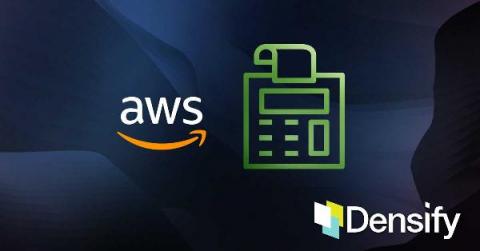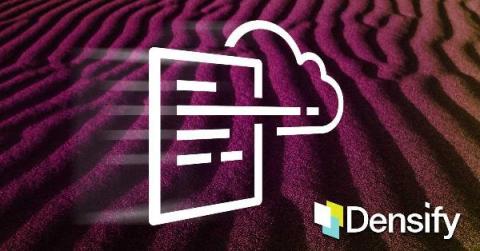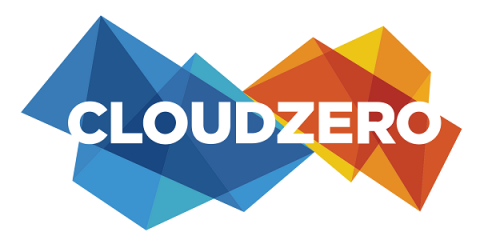Cost Optimization Tips from AWS Summit Online
This year’s AWS Summits are more than a little different. Despite being virtual due to the COVID-19 pandemic, AWS is packing these events with lots of content. I’ve had a great time attending virtually, trying out hands-on labs, and sitting in on the technical sessions. As I work primarily with cost management and optimization for cloud compute services, this has been my main interest in attending the conferences. Here are my main takeaways around better managing your AWS cloud costs.








